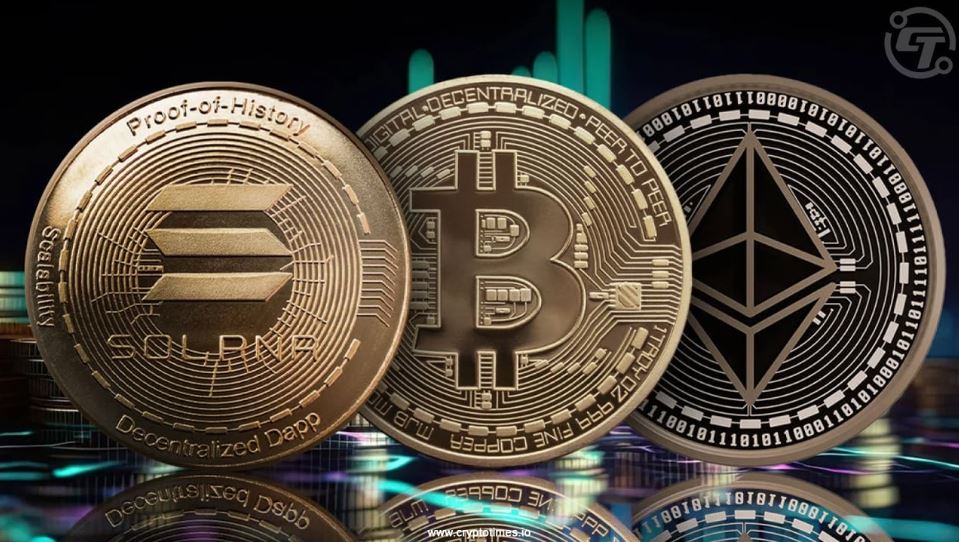Former Twitter CEO and cryptocurrency advocate Jack Dorsey has urged Signal Messenger to adopt Bitcoin for its peer-to-peer (P2P) payment system. The suggestion comes as Signal currently utilises Sentz (formerly MobileCoin), an ERC-20 privacy-focused token, for in-app transactions.
On April 9, Dorsey made this recommendation via a post on X, responding to a Bitcoin developer’s assertion that Bitcoin aligns perfectly with Signal’s emphasis on private communication.
“Signal should use Bitcoin for P2P payments,” Dorsey stated, noting his belief in Bitcoin’s suitability for this purpose.
Read also: Tether and Quidax collaborate on blockchain education in Africa
Industry leaders echo support for Bitcoin adoption
His stance has garnered support from other prominent figures in the financial technology space. Former PayPal president David Marcus echoed this sentiment, suggesting that “all non-transactional apps should connect to Bitcoin.”
These endorsements underscore a growing movement advocating for Bitcoin’s utility as a functional payment method, moving beyond its perception as solely a digital store of value.
Dorsey himself has indicated that relying solely on Bitcoin as a store of value might not guarantee its long-term success.
A shift away from Altcoin focus?
Over the years, several social media and messaging platforms have leaned towards integrating alternative cryptocurrencies rather than Bitcoin for payments.
Despite Bitcoin’s foundational design for peer-to-peer transactions, as outlined by its pseudonymous creator, platforms like Telegram have actively promoted the use of Toncoin (TON), a cryptocurrency linked to its founders.
Similarly, there have been long-standing speculations about Elon Musk’s X potentially launching its own digital currency, although Musk has recently denied these rumours.
Therefore, Dorsey’s fresh suggestion could represent a potential shift in this trend, advocating for adopting the most established cryptocurrency for practical, peer-to-peer use within communication applications.
Read also: China and Russia turn to Bitcoin for energy trade settlements
About Signal
Signal, an open-source encrypted messaging platform established in 2014, currently facilitates in-app payments through Sentz. This token, backed by notable investors like BlockTower Capital and Coinbase Ventures, was designed to be a fast, private, and easy-to-use cryptocurrency.
However, Signal’s initial integration of MobileCoin in 2021 faced scrutiny due to concerns regarding potential connections between Signal’s founder and the token, as well as questions surrounding its issuance and price movements leading up to the partnership announcement.









